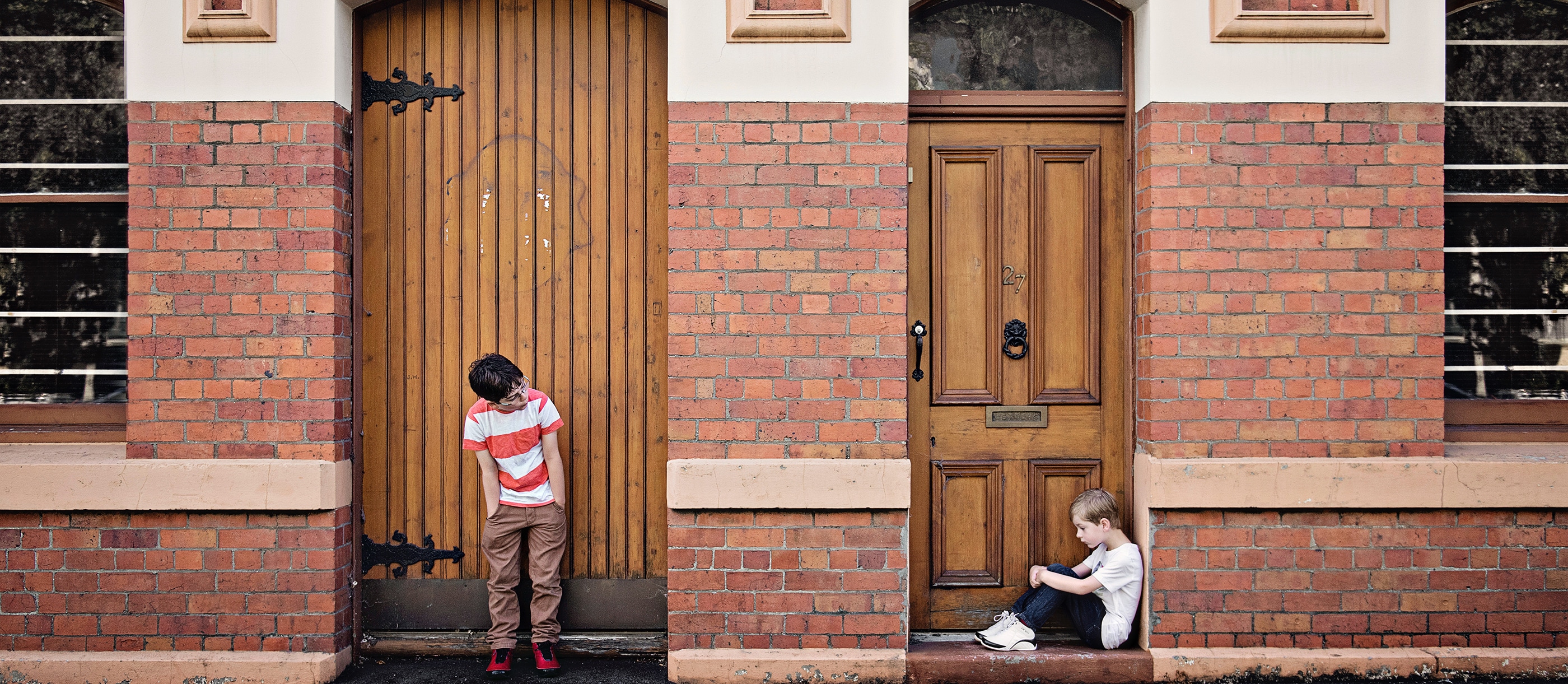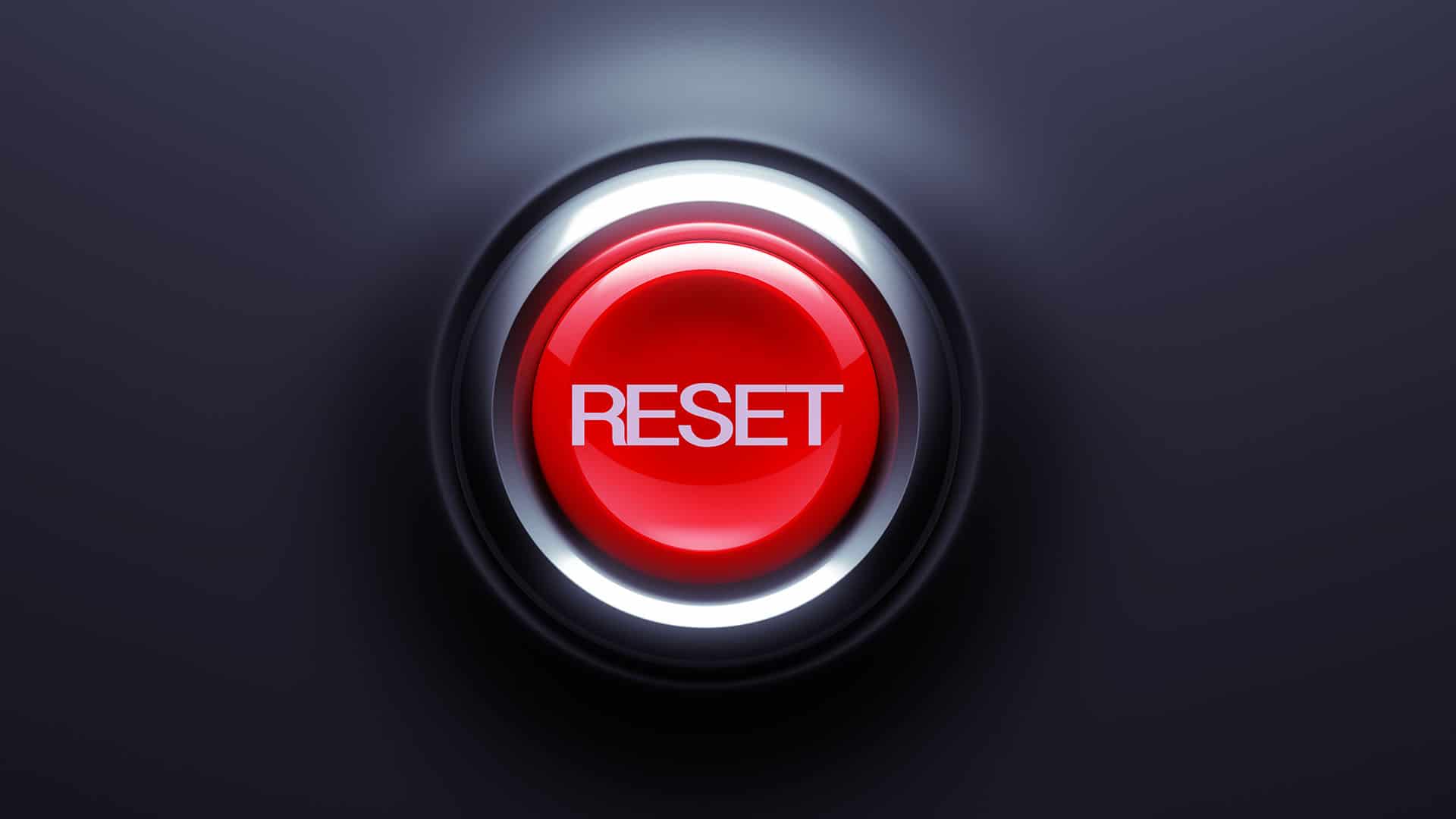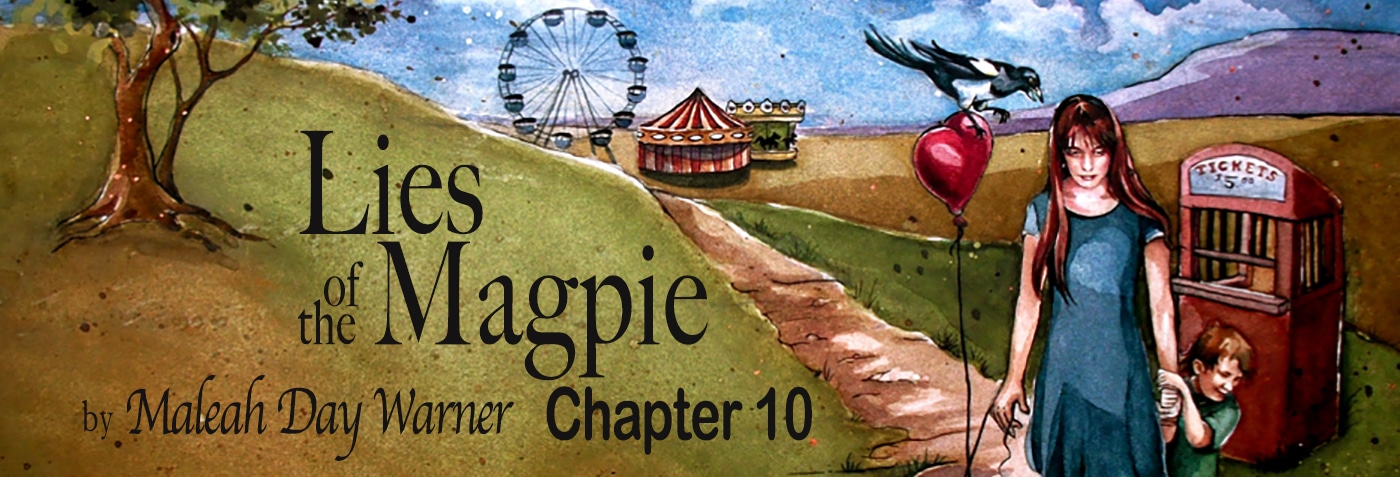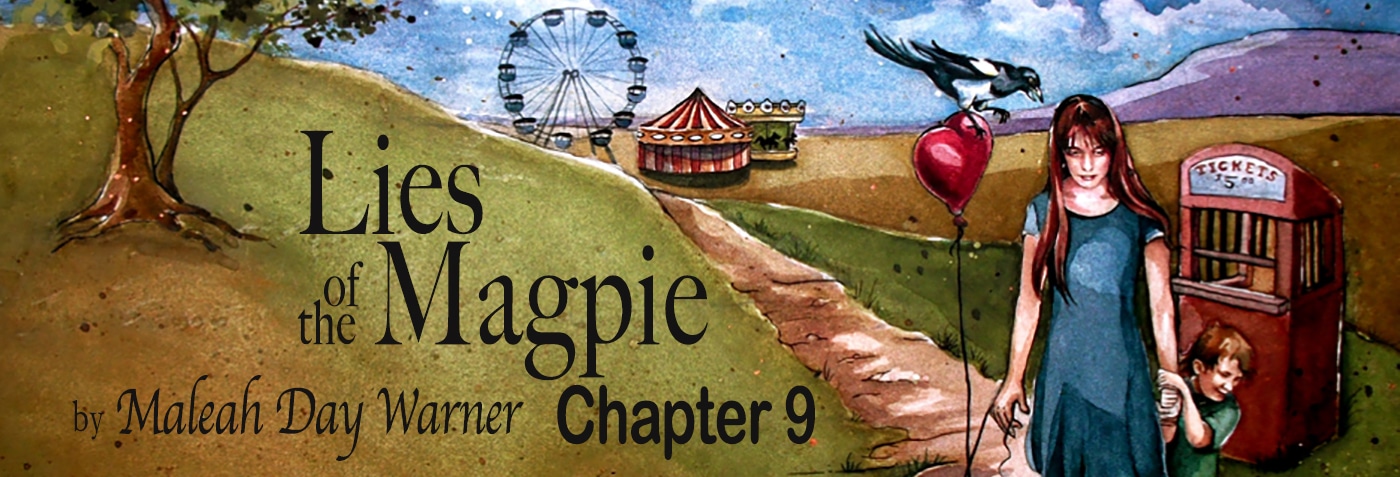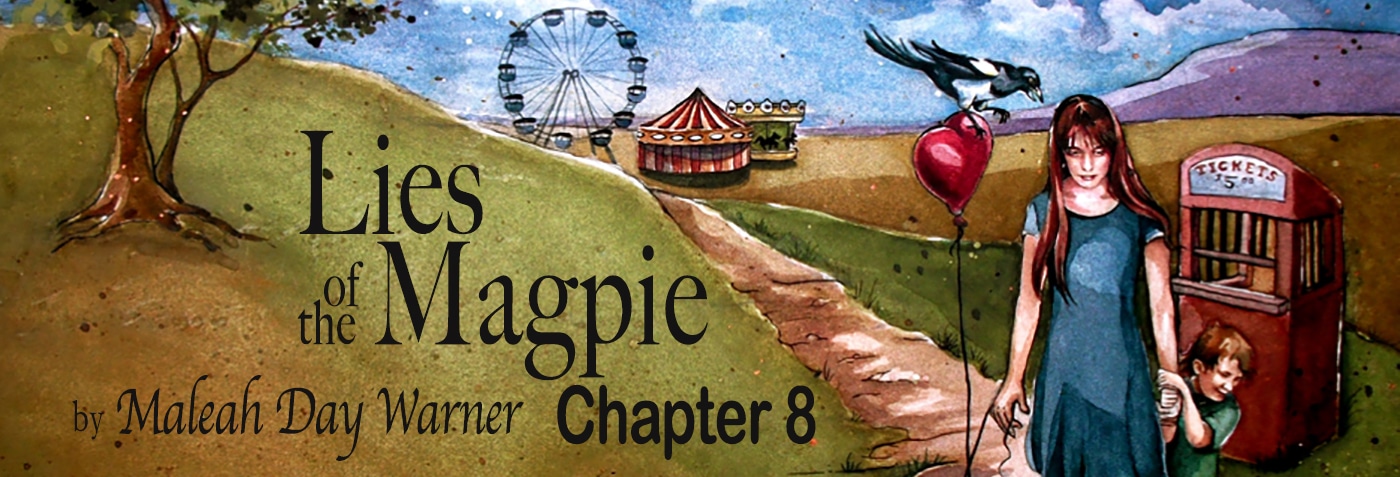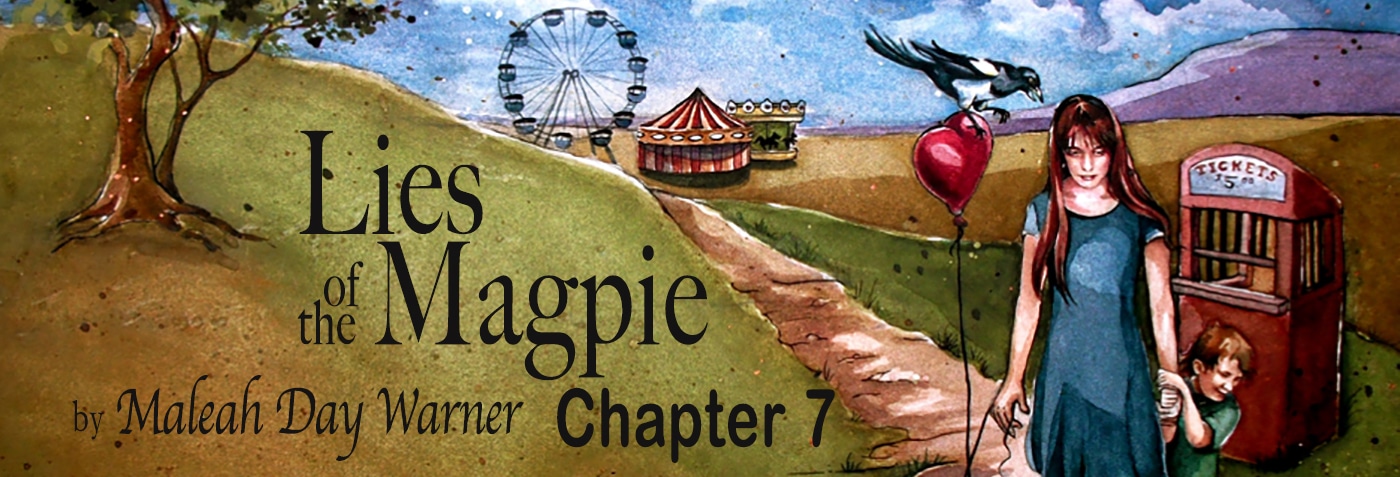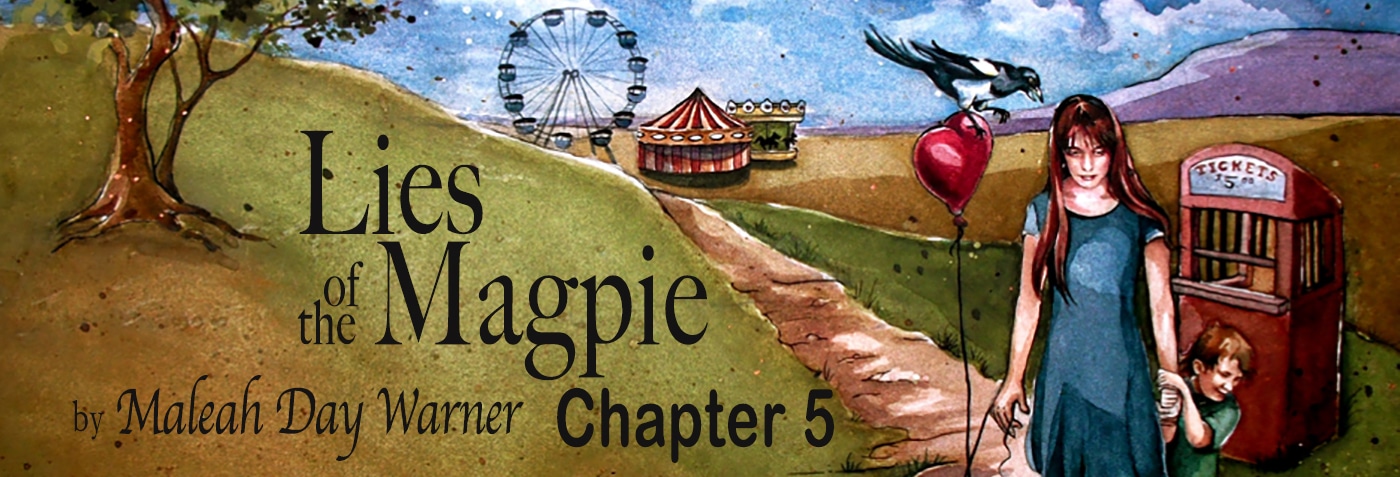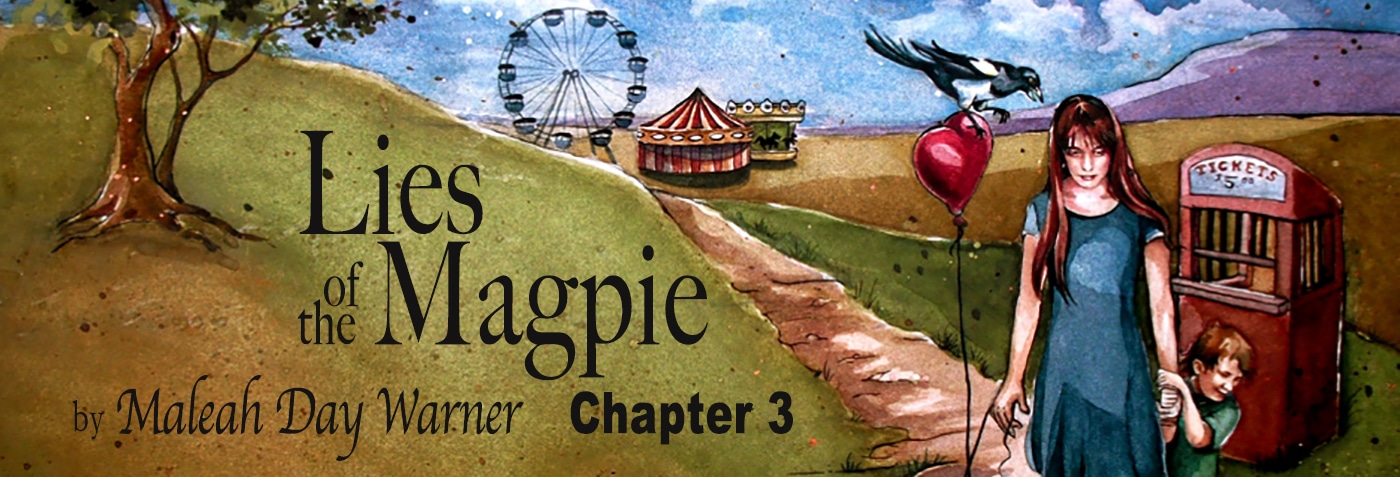Podcast: Play in new window | Download
Subscribe: Apple Podcasts | Google Podcasts | Spotify | Email | RSS | More
Ep. 35 Three NEW Ways to Approach Your Problems
How often do you hear you have to face your problems head-on?
FACING PROBLEMS HEAD-ON
Facing problems head-on sounds like the take-charge thing to do. I’m a proactive problem-solver and that means I’m going to take the bull by the horns, wrestle it to the ground, lasso its legs, stand up, raise my arms and declare victory.
But you’ve been around long enough—you’ve tried to solve problems this way—Darling, this ain’t your first rodeo, SO you know that at times our human existence is like living inside a China shop. One wrong move and you knock something valuable off the shelf. And if your approach to problem solving resembles wrestling a bull in a China Shop, well, you see what those results will be.
Miley Cyrus sums ups this approach with her lyrics, “You came in like a wrecking ball.” And take my word, trust me on this, you do NOT want a reenactment of THAT music video playing in your life.
Shattered things can be mended. China Shops can clean up after the bull runs through. Humans are actually quite repairable, but it’s always easier to not break something or someone in the first place.
Here are three Sidedoor Approaches to solve problems in a more effective way.
Sidedoor Approach #1: MINIMIZE
Keeps problem small by not giving them FRONT DOOR attention.
Maybe this problem doesn’t deserve Front Door attention. This little thing is a side-issue. Keep it small where it belongs and let more important things through the FRONT DOOR.
The side door is for intimate guests, right? Your family and closest friends come through the side door, so keep problems within your intimate circle. If we hang our problems on the front door like one of those seasonal wreaths, that’s the first thing people see about us. That’s how we get defined and identified, by our problems. Remember the saying: Don’t Deck the Halls with Your Follies.
Sidedoor Approach #2: DISSIPATE CONFLICT ENERGY
A SIDEDOOR APPROACH resolves problems by dissipating conflict energy. As humans we are made of energy, everything around us is energy, everything we do and accomplish in life is energy. Most of the time we ignore it. We aren’t conscious of where our energy is directed or what we’re doing with it.
If I face a problem head-on, it’s Me vs The Problem. It’s a face-off. Opposing football teams line up this way, which is okay because they are there for a conflict. Old-time battles were fought head-on. Think of the term front line. If you were on the front line, you knew things weren’t going to go well for you.
One day I showed up to my church’s women’s group. The chairs were set up in two lines facing each other. The set-up was intended to foster discussion, but for some reason the entire lesson, I wanted to punch somebody. Someone would make a comment, and I wanted to argue.
Human energy Face to Face is naturally confrontational. It’s powerful and it’s repelling, like magnetic poles. Like I said, we are 90% of the time going through life unconscious of where we’re throwing our energy. It’s like giving a laser gun to a toddler.
What is the Solution?
During the Revolutionary War, the Colonists, with less ammunition and resources, won battles by not fighting head on. They found victory through “sidedoor” battle tactics.
Power Questions:
Am I feeding conflict energy by approaching this head on?
Am I fueling negative energy by my approach?
Could a simple adjustment of my physical demeanor resolve the struggle?
What about a simple adjustment to my emotional energy.
Sidedoor Approach #3: QUESTION THE ROADBLOCK
Maybe the problem isn’t a problem. Maybe what (or who) you think is in your way, isn’t blocking you at all. Maybe you’re hitting up against this block over and over like a football player hitting against those tackling dummies. You think you’ve got to conquer this in order to move forward, so you keep ramming against it and it beats you down every time.
What if that ROADBLOCK doesn’t need your attention?
What if you can simply move around it?
What if the thing you BELIEVE is in your way, isn’t blocking you at all?
What if the only reason it’s a PROBLEM is because you’re fixated on it and you’ve gotten in the habit of hitting up against it over and over again?
What if all you need to do is look past it and move on?
Conclusion
I hope something here helps. There are a hundred different ways to apply these principles. Sometimes the best thing we can do is to neglect our problems and nurture our positives.
Listen to Full Episode by Clicking Play Button above.
Related Episodes: Episode 4 Permission to Make Life Easier

